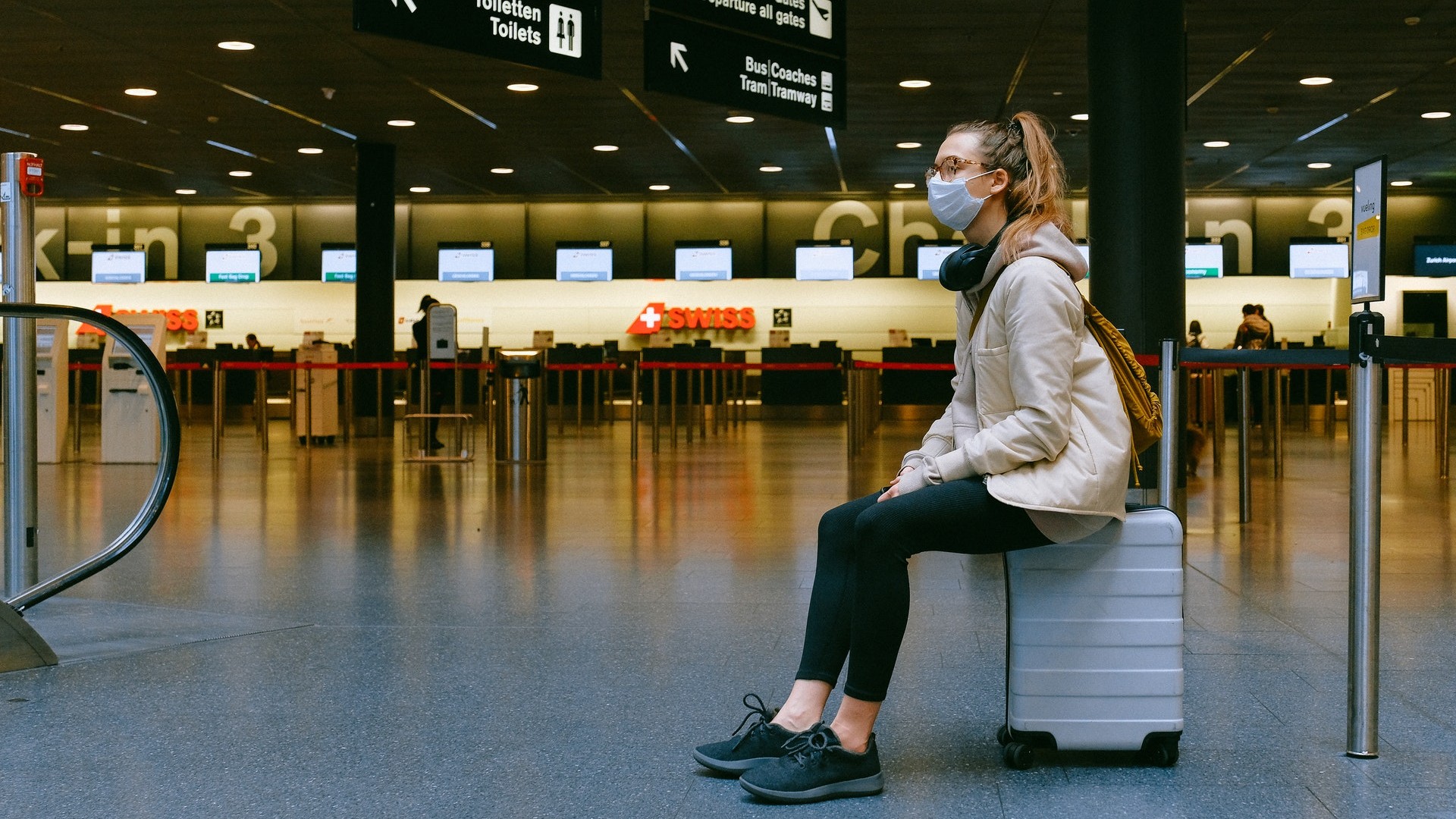

Click here to see all of PopSci’s COVID-19 coverage.
If you’re fully vaccinated in the US, then you can travel.
That’s according to new guidelines, issued today by the US Centers for Disease Control and Prevention (CDC). Fully vaccinated people can safely travel within the US without needing to quarantine or test for COVID-19—so long as they wear a mask and socially distance.
Potential travelers are likely to greet these guidelines with a warm welcome, as North America enters spring and holidays such as US Memorial Day loom on the horizon. But it’s critical to remember that second part of advice: Keeping up good distancing remains vital as COVID variants threaten to fuel a renewed wave of cases.
Masks continue to be required on public transportation in the US, including at facilities such as airports and railway stations.
The CDC considers you fully vaccinated two weeks after your final shot. For unvaccinated or newly vaccinated people—or people who’ve only received the first half of a two-shot vaccine—the CDC recommends avoiding all non-essential travel for now.
But if you need to travel anyway, the guidelines remain much the same: Ensure that you have a negative test just before you travel, get tested again after you reach your destination, and self-quarantine for a week afterwards.
Cases of vaccinated people getting COVID-19 are exceedingly rare, but they can happen. So even if you are fully vaccinated, the CDC recommends staying vigilant and self-isolating if you do develop any symptoms.
Data on whether vaccinated people can spread the coronavirus is coming in all the time, and public health experts say it’s too soon to be confident about to what degree vaccines actually prevent spread. But the evidence does seem to point in a promising direction.
Israel, for instance, has vaccinated the vast majority of its adult population (although not Palestinians), and life is slowly returning to normal. Research there has shown that the Pfizer/BioNTech vaccine, at least, gives very high protection against asymptomatic transmission, a major cause of coronavirus spread.
And, earlier this week, Dr. Rochelle Walensky, the director of the CDC, said that vaccinated people don’t carry the virus, presaging the CDC’s announcement today—although the CDC later walked back on that statement.
From the CDC, it’s a sign that—as vaccine numbers continue to rise, with nearly 3 million Americans on average getting a shot each day—the light at the end of the pandemic’s tunnel is growing brighter. It may be some time before international travel can return to normal, especially with many lower-income countries still struggling to get vaccines at all, but it’s still welcome news by any measure.